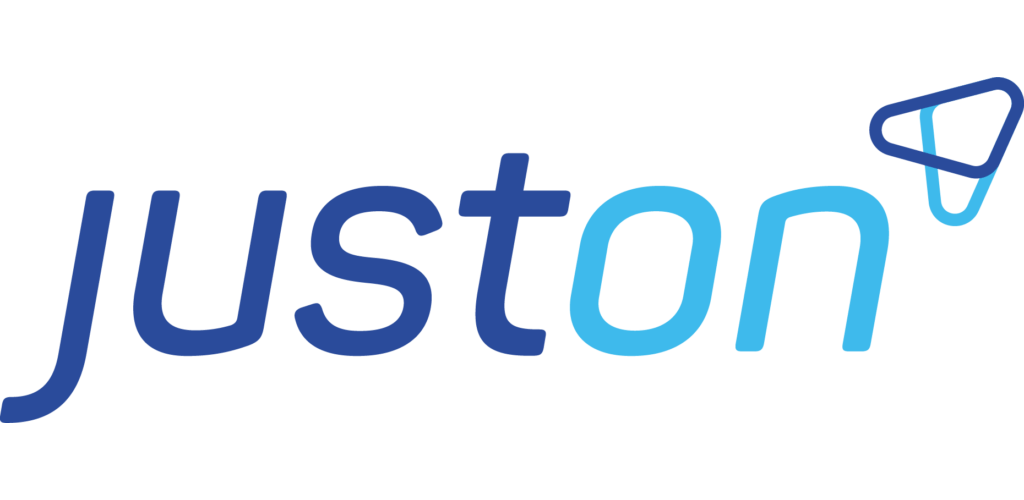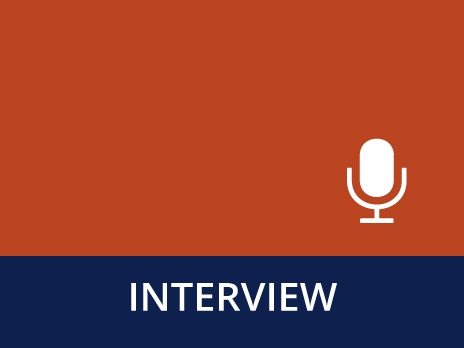With an experience of over 150 automated billing software implementations, what best practices as well as pitfalls could you share with us?
Small and medium-sized businesses expect agile, real-time, andfast implementation methods. That is what we've learned from our over 150 projects. We put this experience together into animplementation method that we call X4C: Exploration, Clarification, Configuration, Connect, and Close. For our project staff and our customers, it clarifies how we implement our billing and invoice management system, and it supports us in getting the system to work in just a few days.
We have also learned that a best practice is to follow the experts. All software projects should work with an expert on the subject matter, in billing in particular, because there is a need for cross-functional expertise, starting with insights on contract management and pricing models as well as accounting issues. In addition, when we go into a project, we often start at the end ofthe process chain, asking our customers what it is that they wantto get out of their system, which reports they need. That gives us insights into the real needs of the customer.
Lastly, do not underestimate the mess of your data: sometimesour clients discover the poor data quality only when the invoice isvisible on a PDF. Surprisingly, the invoice is where you really see what data is missing.
Could you elaborate on the changing needs of companies monetising digital services?
Billing usage data is definitely the new standard. Over the last few years, we have seen a shift to the subscription economy. Everybody starts testing how they can sell services based onsubscriptions. However, flat fee subscriptions are not sufficientanymore – you need more pricing models. Clients want to use consumption data and use such data to introduce new pricingmodels. Nowadays, the CFO works closely together with salesoperations to turn the ideas of the sales department into real revenue.
At the same time, automatic payments become highly important. From a process perspective, there is billing and the invoice creation process: Once the invoice is created and sent to the customer, the next issue is payment. Clients expect that the billing and invoice management system is tightly integrated with paymentsystems and offers ways to pay automatically for the service.
How do you see the electronic billing industry changing in the next two years?
Billing and invoice management are no longer back office tasks,provided by the accounting department. Billing, combined with payment, becomes part of the customer experience. That is why a good invoice and payment experience is crucial to a good customer experience.
Secondly, regulation will change the way we think about andhandle billing and invoice management. Lastly, with the increasingactivity in cross-border trade, we are likely to see more in cross-border payments. In matters of payments, in Europe SEPA Direct Debit may become the favourite payment method for SMBs, because – at least in Germany – it is still more accepted than credit card payments.
About JustOn: Since 2010 JustOn stands for successful, cloud-based automation of billing and invoicing processes. With our innovative software JustOn Billing & Invoice Management we are a leading provider on the Salesforce Platform and support companies to realise their digitisation strategy. With JustOn SMBs worldwide monetise every business model directly.


